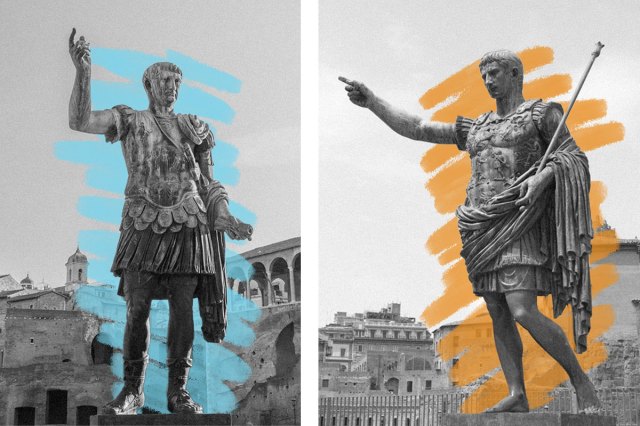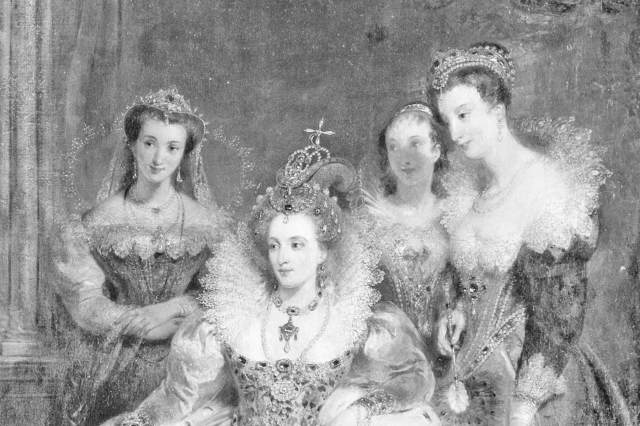The two months named for Roman rulers
Thursday, July 18, 2024
In addition to frequently being the hottest months of the year, July and August share etymological origins: Both are named after Roman rulers. July is named in honor of Julius Caesar, while August is named after his successor and adopted heir, Augustus. |
| |
| |
|
 |
|
| I n addition to frequently being the hottest months of the year, July and August share etymological origins: Both are named after Roman rulers. July is named in honor of Julius Caesar, while August is named after his successor and adopted heir, Augustus. Born Gaius Octavius in 63 BCE, Augustus was Caesar's grandnephew on his mother's side and became the first Roman emperor following his great-uncle's assassination. Ancient Rome's influence on the calendar can also be seen in just about every other month: January is named after the god Janus, February comes to us from a purification festival known as Februa, March is named in honor of Mars, June is named for the goddess Juno, and September, October, November, and December had the same names in the Roman calendar. (The names initially corresponded to the months' position in the 10-month calendar.) |
|
|
| These are all found in the Gregorian calendar, which most of the world has been using for centuries. It succeeded the Julian calendar first introduced by none other than Caesar himself in 46 BCE. The Gregorian calendar was formed because the Julian calendar slightly overestimated a solar year as lasting 365.25 days, which eventually led to a discrepancy of 10 days. Pope Gregory XIII decided to do something about it in 1582 — leading to October 4 being followed directly by October 15 that year. Time may not be a flat circle, but it's occasionally open to interpretation. |
|
 |  |
|
|
 |
|
| |
|
| Days of the week named after Norse gods (Tuesday through Friday) | | | 4 |
| | | | | |
|
|
| Current year in the Hebrew calendar | | | 5784 |
| | | Conspirators involved in Caesar's assassination | | | ~60 |
| | | Conspirators involved in Caesar's assassination | | | ~60 |
|
|
|
 |
|
 | | Did you know? |
|
|
The Gregorian calendar differs from a solar year by 26 seconds. |
|
| Our current calendar solved the major issues brought about by its predecessor, but it isn't perfect — in fact, it differs from a solar year by 26 seconds. That's resulted in a discrepancy of a few hours from when it was originally implemented nearly 500 years ago, but by the year 4909 that difference will have grown to a full day. Because the Gregorian calendar is 26 seconds longer than the solar year, correcting the error will require a day being repeated — perhaps a problem for whoever the pope happens to be some 2,900 years from now. |
|


posted by June Lesley at 4:01 AM











![]()
![]()







0 Comments:
Post a Comment
<< Home